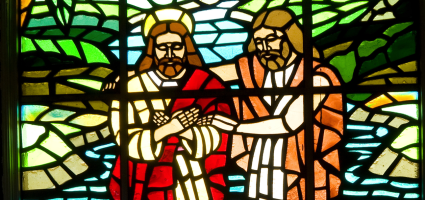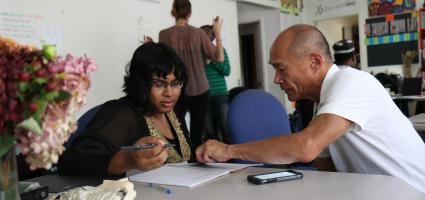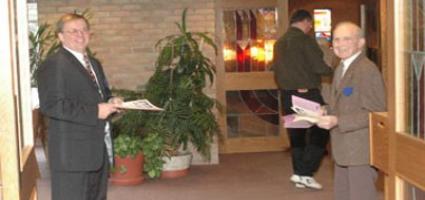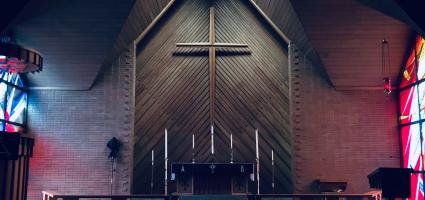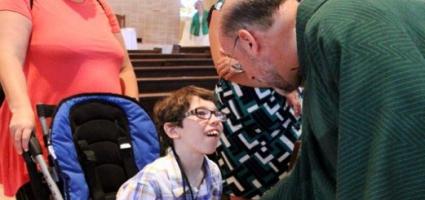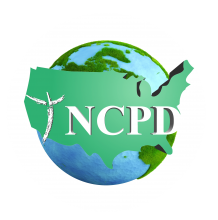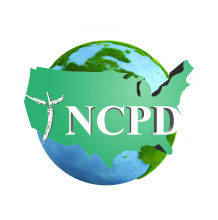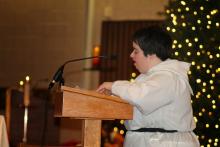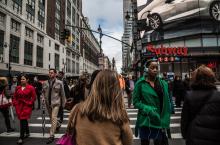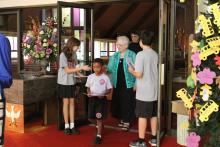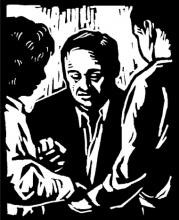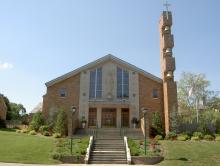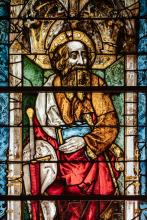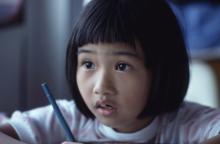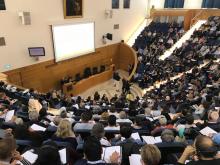Featured Resources
Opposing MD SB 418 Bill on Assisted Suicide, 2016
"On behalf of both the National Catholic Partnership on Disability (NCPD), whose Ethics and Public Policy Committee I chair, as well as the National Catholic Bioethics Center (NCBC), as Director of Bioethics and Public Policy, I am writing to request that your Committee refuse to endorse LB 1056: Patient Choice at End of Life Act."Board Statement on Inclusion, 2015
"Catholics with disabilities, like all Catholics, are incorporated in the Body of Christ as integral members. They, like any other member, belong to the faith community."Language: A powerful tool for parish hospitality
Words can sustain negative stigma and myths or they can communicate respect and sensitivity. When you meet a person with a disability, choose words that say what you mean--that you see them first as a person with many abilities. Talk to the person directly, instead of their companion or interpreter.The Gift of Giving
Many people with disabilities are remembered especially during the season of Advent as needy recipients of charity. Families, parishioners, and coworkers look for opportunities to buy gifts for those less fortunate, less healthy, and less wealthy. The able-bodied become the designated "givers" and the disabled become the designated "receivers".How to Help a Person Experiencing a Mental Illness
- Tips to help a person experiencing mental illness - Warning signs that may indicate mental illness
Child & Adolescent Mental Health
Learn about the warning signs, causes, and treatments for mental health illnesses in youth and young adults.Interacting with People with Vision Loss
20.6 million American adults are blind or living with vision loss that is not corrected by wearing glasses or contact lenses (National Health Interview Survey 2012). The following are some tips to facilitation interaction among people with and without 20/20 vision.Handout: The Person with Mental Illness
Ways to create a pro-life culture with persons living with mental illness.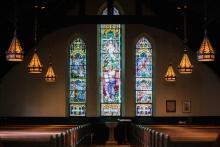
Pastoral Statement of U.S. Catholic Bishops on Persons with Disabilities
This USCCB pastoral statement (1978) uses language to describe disability that is now outdated. Read the NCPD document, “Speaking of Disability: Pastoral Guidelines on Language” for information about appropriate language. November 16, 1978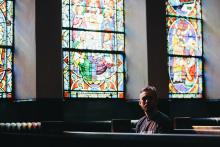
Inclusive Registration Forms - Cincinnati
To be used with students with disabilities to record method of communication, medical information, skills, specific concerns.Inclusive Registration Forms - Orange
Sample questions to be included in the registration form for all students in the religious education programs Permission to photographPlacement
Records the placement agreed upon by the parents, inclusion coordinator, and catechist. Placement is to be reviewed annually or as otherwise indicated.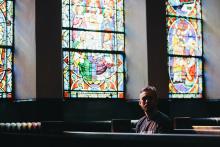
Classroom Team Interview
Records the outcome of the interview following the classroom observation in order to provide positive support for classroom volunteers and additional tips and training, if needed.Planning Meeting
Used to evaluate the year and provide information for the next catechist as to the strengths of the student and teaching methods that have been helpful.Quotes from Church Statements
Here is a collection of quotes from Church statement regarding disability.- ‹ previous
- 2 of 5
- next ›

Child & Adolescent Mental Health
Learn about the warning signs, causes, and treatments for mental health illnesses in youth and young adults.Interacting with People with Vision Loss
20.6 million American adults are blind or living with vision loss that is not corrected by wearing glasses or contact lenses (National Health Interview Survey 2012). The following are some tips to facilitation interaction among people with and without 20/20 vision.Handout: The Person with Mental Illness
Ways to create a pro-life culture with persons living with mental illness.
Pastoral Statement of U.S. Catholic Bishops on Persons with Disabilities
This USCCB pastoral statement (1978) uses language to describe disability that is now outdated. Read the NCPD document, “Speaking of Disability: Pastoral Guidelines on Language” for information about appropriate language. November 16, 1978
Inclusive Registration Forms - Cincinnati
To be used with students with disabilities to record method of communication, medical information, skills, specific concerns.Inclusive Registration Forms - Orange
Sample questions to be included in the registration form for all students in the religious education programs Permission to photographPlacement
Records the placement agreed upon by the parents, inclusion coordinator, and catechist. Placement is to be reviewed annually or as otherwise indicated.
Classroom Team Interview
Records the outcome of the interview following the classroom observation in order to provide positive support for classroom volunteers and additional tips and training, if needed.Planning Meeting
Used to evaluate the year and provide information for the next catechist as to the strengths of the student and teaching methods that have been helpful.Quotes from Church Statements
Here is a collection of quotes from Church statement regarding disability.Individual Religious Education Plan
This pdf form helps parish religious education staff assist the family by providing religious education instruction that takes into consideration the student' s special needs.A Story About Going to Mass
This resource tells what it is like to go to Mass from the perspective of a child. "When I enter church I dip the tips of the fingers on my right hand in the holy water and bless my self with the sign of the cross. To myself or out loud I say, “In the name of the Father, and of the Son, and of the Holy Spirit. Amen.”My Mass Book Picture Missal
Print out this resource to create a book about each part of the Mass. A person can follow along with this book during Mass to help them meaningfully participate in the liturgy.Ten Things Every Child with Autism Wishes You Knew
Autism is an extremely complex disorder but for purposes of this one article, we can distill its myriad characteristics into four fundamental areas: sensory processing challenges, speech/language delays and impairments, the elusive social interaction skills and whole child/self-esteem issues.Vatican Conference
This fall, experts in the field of disability, theology and parish life gathered in Rome to learn about and seek to improve the accessibility of the Catechism of the Catholic Church.- ‹ previous
- 2 of 4
- next ›

